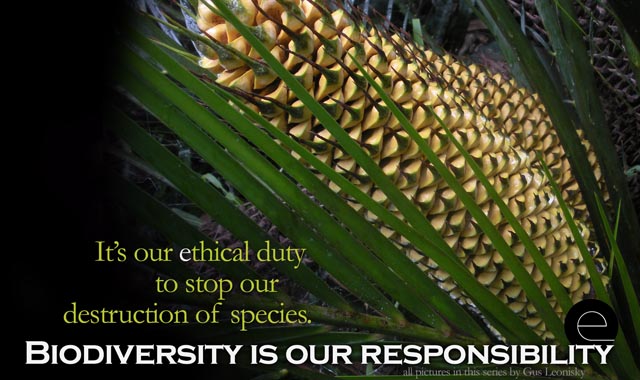Search
Recent comments
- scholz out.....
2 hours 8 min ago - let's say....
2 hours 24 min ago - pentagon purge....
2 hours 50 min ago - gimmicks....
3 hours 2 min ago - scrambling....
3 hours 7 min ago - in a hurry....
5 hours 5 min ago - killing brics?.....
7 hours 25 min ago - losing position....
7 hours 32 min ago - surrender....
8 hours 15 min ago - Coercion.....
10 hours 24 sec ago
Democracy Links
Member's Off-site Blogs
our concern should not stop at the end of the year...

- By Gus Leonisky at 10 Dec 2010 - 3:45am
- Gus Leonisky's blog
- Login or register to post comments
This is the folly...
- E.O. Wilson, 1985
http://www.globalchange.umich.edu/globalchange2/current/lectures/biodiversity/biodiversity.html
Gus: and let's not forget global warming...
welcome to all our friends...
Welcome to our friends from Moldova. We have not acknowledged our readership enough recently... Sorry. We do this from time to time but we've been very busy exploring the issues that will beset this small planet in the coming years. We are read in the US, Australia, Canada, Germany, Greece, China, UK and basically in most countries around the world — including the Vatican (I suspect using an undisclosed IP). We only need for you to spread the fact that we exist, as a defender of true democracy, free speech, humanism and nature. Welcome all.
Great Indian bustards...
One of the heaviest flying birds in the world is in danger of going extinct, conservationists are warning.
Great Indian bustards stand a metre tall and weigh up to 15kg, yet as few as 250 may now survive.
That is according to the latest edition of the IUCN Red List for Birds, which reports that the total number of threatened birds species has risen to 1253.
That means 13% of all surviving bird species are now threatened.
The 2011 edition of the International Union for the Conservation of Nature Red List for Birds records the changing prospects for the world's bird species.
"In the space of a year another 13 bird species have moved into the threatened categories," said Jean-Christophe Vie, deputy director of the IUCN Global Species Programme.
http://www.bbc.co.uk/nature/13668026
a list too long, for a little planet..
http://www.earthsendangered.com/list_html.asp